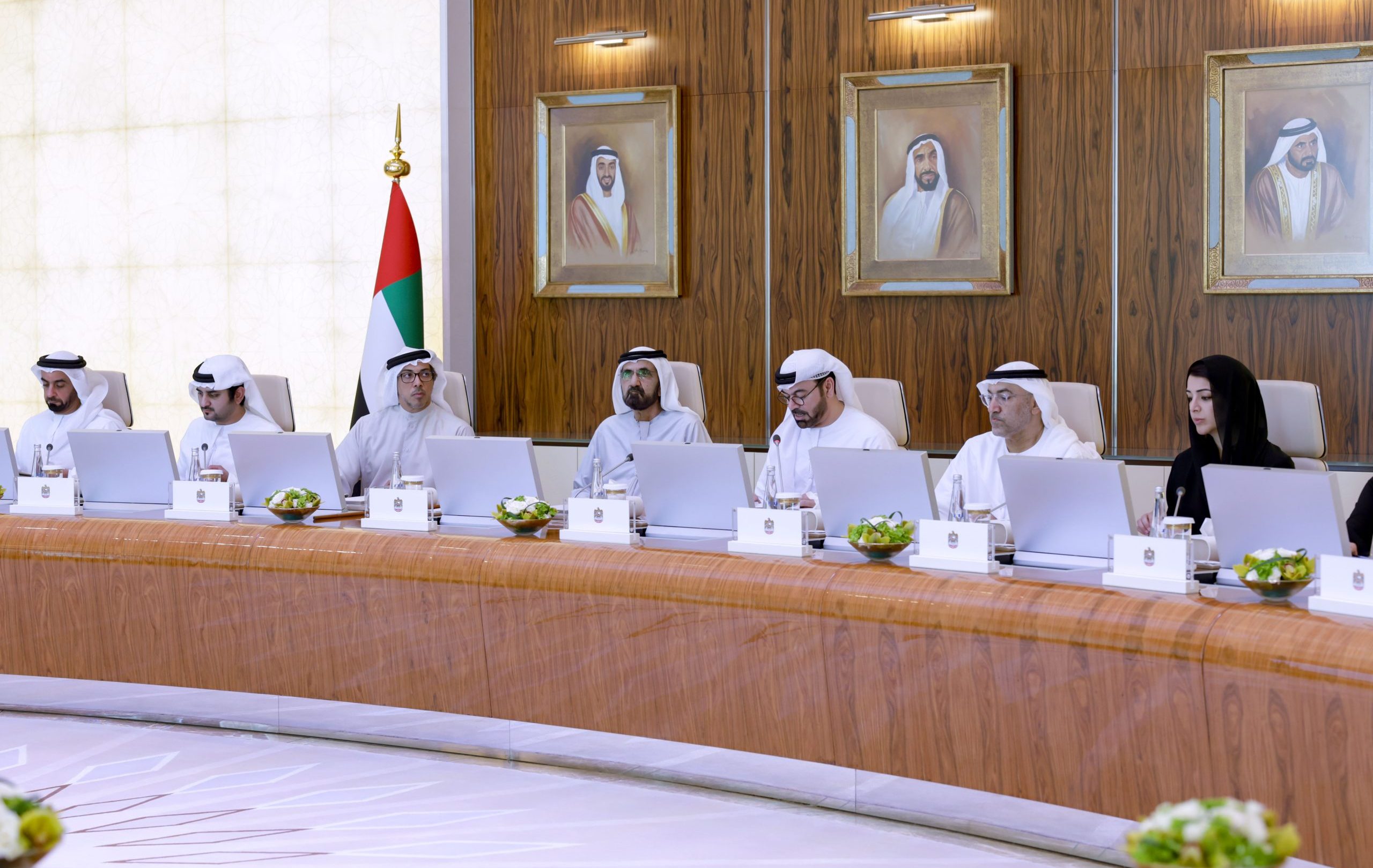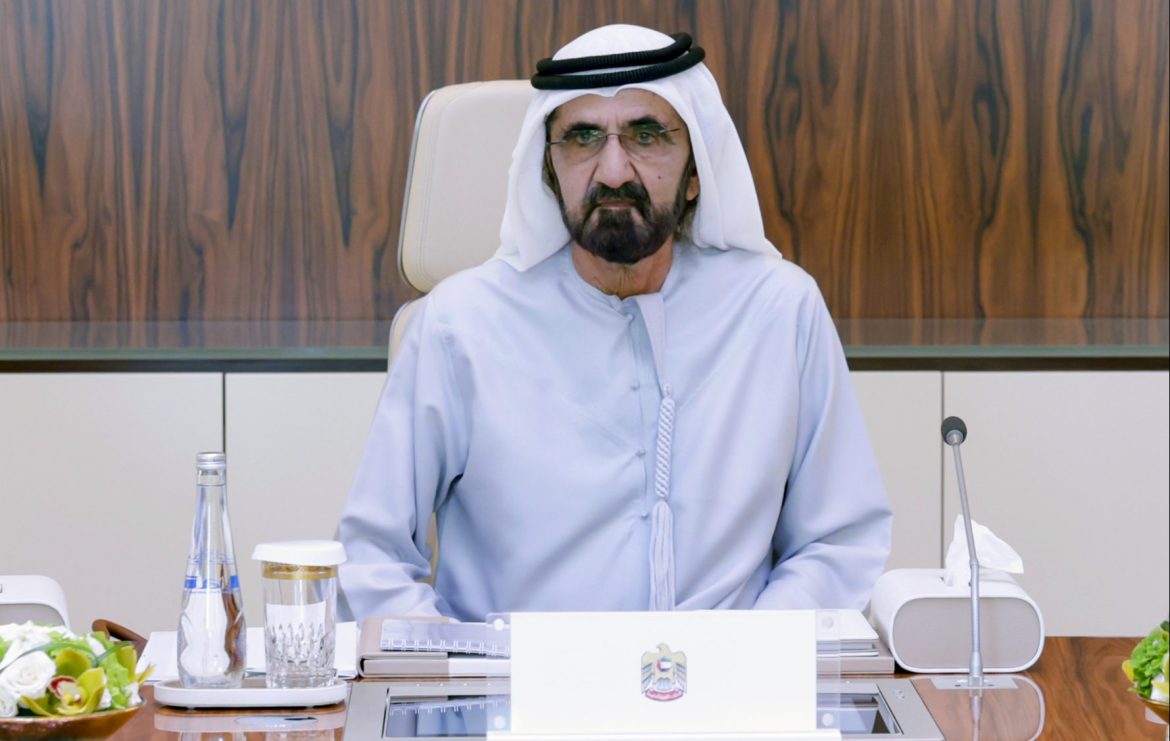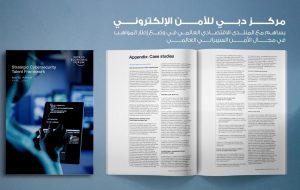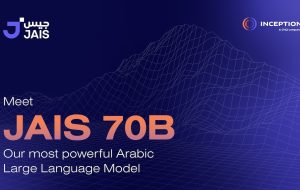In a move to enhance its leadership in the digital economy sector, the UAE Cabinet, chaired by His Highness Sheikh Mohammed bin Rashid Al Maktoum, Vice President, Prime Minister, and Ruler of Dubai, approved the general framework for adopting sustainable digital transformation during its meeting held at Qasr Al Watan in Abu Dhabi last June.
This framework serves as a guideline for integrating sustainability principles into government digital transformation, supporting the country’s commitments to combating climate change and fostering a sustainable future.
The framework includes launching the paperless government initiative and the cashless government project, encouraging the use of data centres and cloud service providers committed to sustainability and energy efficiency to reduce environmental impact.
Additionally, it promotes the procurement of sustainable digital products and services by incorporating sustainability criteria into purchasing and contracting processes with digital suppliers.
Moreover, the framework focuses on developing reusable software such as open-source software and APIs, adopting circular economy principles in managing digital devices with an emphasis on reuse and responsible disposal of electronic waste, enhancing the use of digital collaboration tools to reduce the environmental impact of in-person meetings, and developing training programmes that focus on sustainable practices in digital transformation.
AI Development and Usage Charter
The Cabinet also adopted the “AI Development and Usage Charter” in the UAE, which includes 12 principles aimed at respecting human values and ensuring fair and safe treatment for all members of society.

The charter outlines how AI should be used ethically and responsibly, with key principles including prioritising human welfare and progress in all AI developments, ensuring all AI systems comply with the highest safety standards, developing AI technologies responsibly to be inclusive and accessible to all without exclusion or discrimination, guaranteeing data privacy, and ensuring transparency to build trust and enhance accountability in the use of these technologies.
Additionally, it enables human oversight of AI in line with ethical values and social standards, adopting governance and responsibility in AI to ensure ethical and transparent use, supporting technological excellence to achieve global leadership for the UAE in AI, and fostering a commitment to embedding human values in technological innovation to ensure a positive and lasting impact on society.
The charter also emphasises peaceful coexistence with AI, raising awareness in the field of AI, and adhering to treaties and laws in force in the country.
The council reviewed the achievements in government digital transformation, noting that the UAE has topped several key government indicators. The country ranked first globally in the Government Services Index and the Human-Centred Government Services Index, first globally in public participation and government procurement of advanced technology products, and fourth globally in the Government Digital Transformation Maturity Index.
Key initiatives and strategies implemented recently include the UAE National Digital Government Strategy 2025, the UAE Government Services Strategy 2021-2025, the UAE AI Strategy 2031, and national cybersecurity policies.













